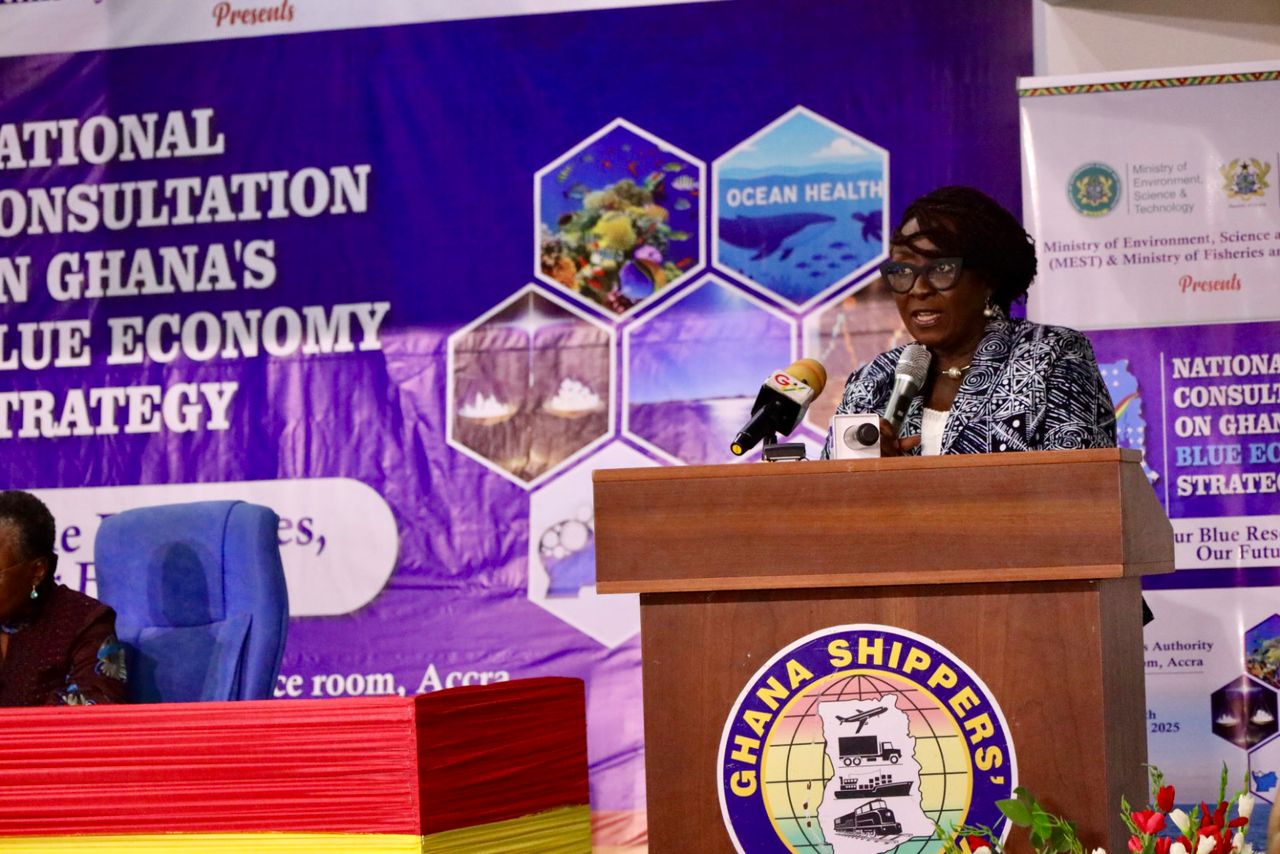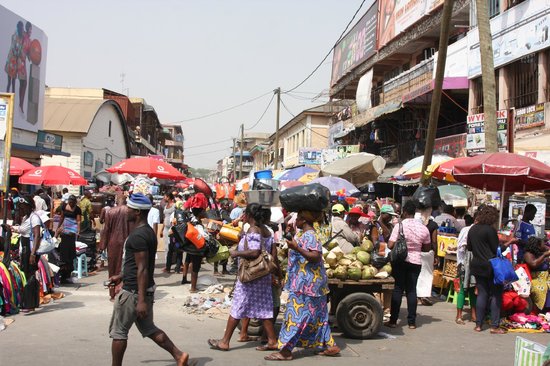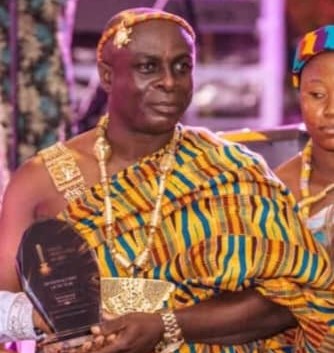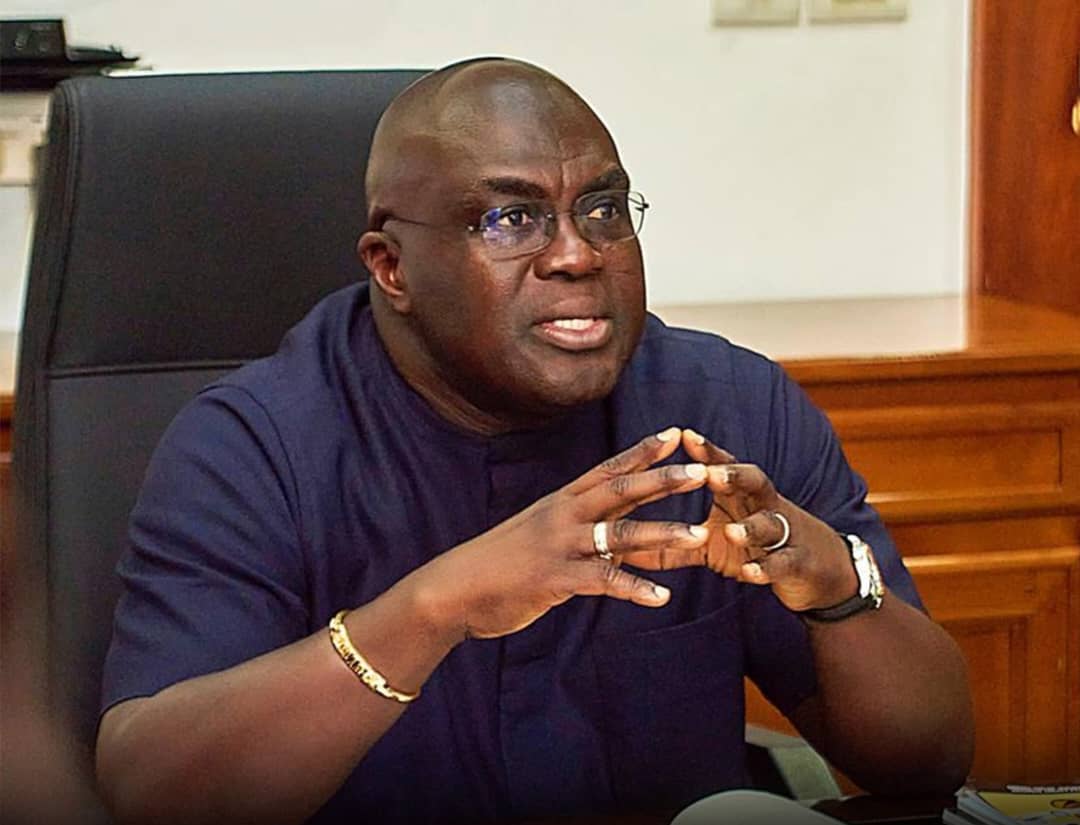Ghana’s marine and coastal resources are central to national prosperity and must be developed sustainably, Minister for Tourism, Culture and Creative Arts, Hon. Abla Dzifa Gomashie, has said.
Opening a three-day national consultation on Ghana’s draft Blue Economy Strategy in Accra, she urged a balanced approach that protects heritage, supports livelihoods, and safeguards the environment.
“This workshop presents a unique opportunity to reaffirm the immense importance of our ocean resources to our collective prosperity and wellbeing,” she told more than 260 participants from government, civil society, academia, the private sector, and development partners.
The consultation marks a key step toward finalizing Ghana’s first-ever strategy to harness marine and water-based resources for inclusive growth and climate resilience.
Stakeholders will validate the draft and agree on next steps, including establishing a Blue Economy Commission (BEC) and a supporting legislative framework.
Minister for Fisheries and Aquaculture Development, Hon. Emilia Arthur, delivered the keynote address, describing the strategy as a “national vision” for job creation, food security, innovation, and environmental stewardship.
She praised the collaboration that has guided its development, led by a 16-member expert committee chaired by Dr. Valerie E. Sawyerr, Senior Presidential Advisor, with support from AU-IBAR, the Fisheries Ministry, the Fisheries Commission, NDPC, and academia.
The workshop is structured for broad engagement: Day 1 with ministries and partners, Day 2 with fisheries associations, and Day 3 with academia, civil society, and local government representatives.
Drawing on her past advocacy at UNESCO for underwater cultural heritage, Hon. Dzifa Gomashie also emphasized sustainable coastal tourism and community-driven marine conservation.
Expected outcomes include finalization of the Ghana Blue Economy Report, launch of the BEC and its Secretariat, creation of a Stakeholder Forum, and drafting of legislation for Parliament.
Aligned with the Sustainable Development Goals (SDGs), particularly SDG 14 (Life Below Water), SDG 8 (Decent Work and Economic Growth), and SDG 13 (Climate Action), Ghana aims to position itself as a regional leader in sustainable ocean governance.
Source: Myxyzonline.com





